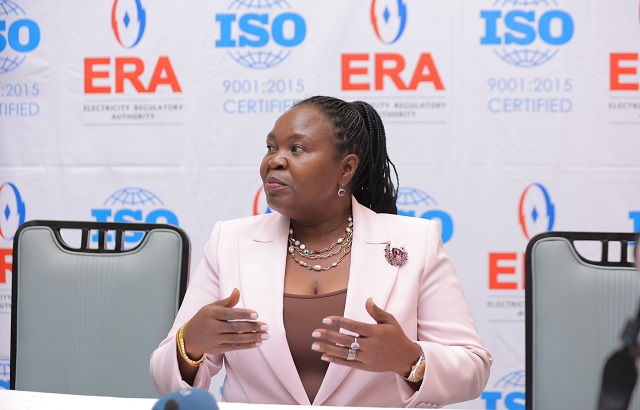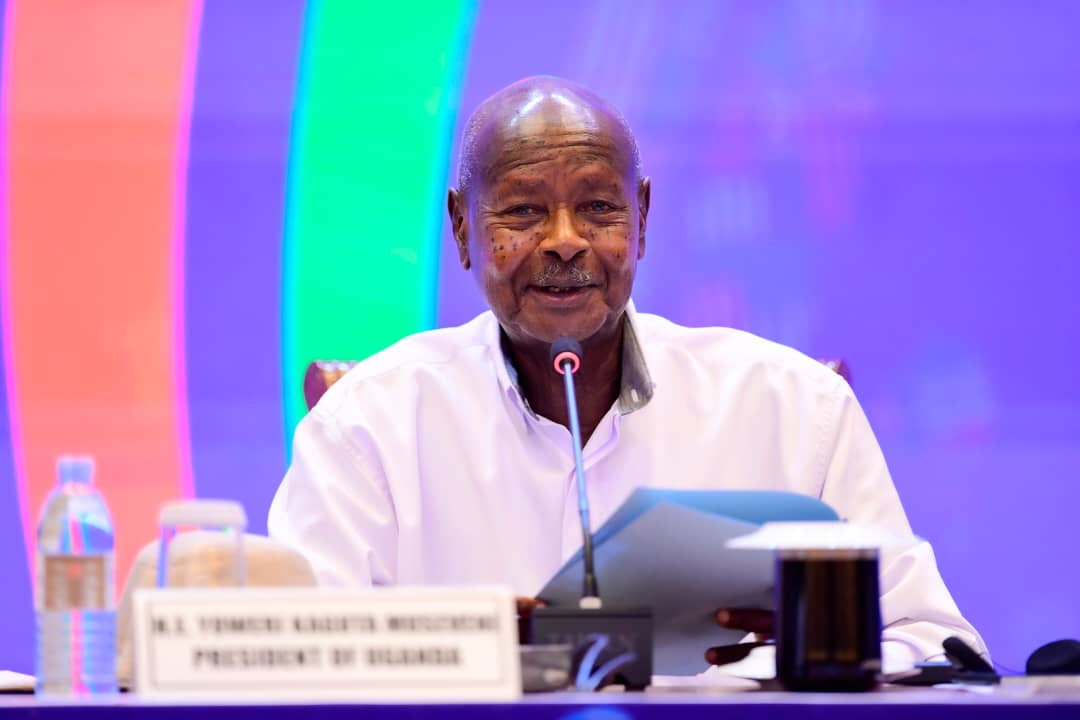When President Yoweri Kaguta Museveni declared at the ARFSD-11 in Kampala that “no unprocessed mineral leaves Uganda now,” I felt a deep and necessary jolt, not just as a Ugandan, but as an African communications strategist invested in this continent’s future.
His message was not just policy, it was philosophy. A powerful shift from dependence to determination. A bold break from the legacy of Africa as a raw resource exporter and job donor to richer nations. For far too long, our minerals have built skyscrapers in Dubai, fueled factories in China, and powered industries across Europe, while leaving the source nations underdeveloped, indebted, and job-starved.
The statement was as direct as it was defiant: “If we cann0t process them, they must stay in the ground. Our grandchildren will process them.” This is not a retreat; it is a challenge. A declaration that value addition is not optional. That dignity begins with economic sovereignty.
The True Cost of Raw Exports
Exporting raw materials is not just an economic misstep, it is a betrayal of potential. We sell copper, gold, cobalt, and lithium at bargain prices and then import their byproducts; smartphones, car batteries, electronics at premium costs. In the process, we lose not only capital but also control over our economic narratives.
As Museveni rightly put it, we have been “donating jobs.” That phrase should haunt every African policymaker, economist, and business leader. Because in a continent where over 12 million youth enter the workforce each year and only a fraction find formal jobs the need to rewire our economic model is urgent.
Africa’s Moment of Reckoning
The 11th Africa Regional Forum on Sustainable Development (ARFSD-11) was not just a talk shop. It was a reminder that time is running out. Of the 144 measurable SDG targets, only 10 are on track. We are behind, and the countdown to 2030 is loud.
But if there is one thing ARFSD-11 made clear, it’s that Africa has the ideas, it’s the implementation we’ve lacked. Emmerson Mnangagwa, President of Zimbabwe, echoed a vital truth: “There must be a connectedness of our efforts.” We cannot continue to operate in silos while seeking transformation.
Claver Gatete of UNECA highlighted another inconvenient truth: Africa’s GDP growth is stagnating at 3%, far below the 7% we need for SDG 8. He didn’t mince words: “Aid is no longer sustainable.” We must look inward to our pension funds, our sovereign wealth, and our own people and invest in ourselves.

Why Uganda’s Stand Matters
Uganda may be small on the global economic map, but Museveni’s stance sends ripples across the continent. By halting raw mineral exports, the country is telling the world: we are done being a resource pit stop. We want to be producers, innovators, and exporters of finished products not suppliers of cheap inputs.
But let me be clear: this is not just a presidential directive. It is a call to arms for industrialists, investors, and policymakers to rise to the occasion. It is also a challenge to the private sector: will we build the value chains, factories, and technologies needed to match this vision?
A New Story for Africa
UN Deputy Secretary General Amina Mohammed was right: “Let us tell a new story driven by African leadership, especially our young people, powered by African people, and anchored in African values.”
This new story cannot begin with aid or apologies it must begin with action. Bold, unapologetic, economically sound action. Uganda has lit the fuse. The rest of Africa must now decide: will we follow suit or will we keep donating the future?




